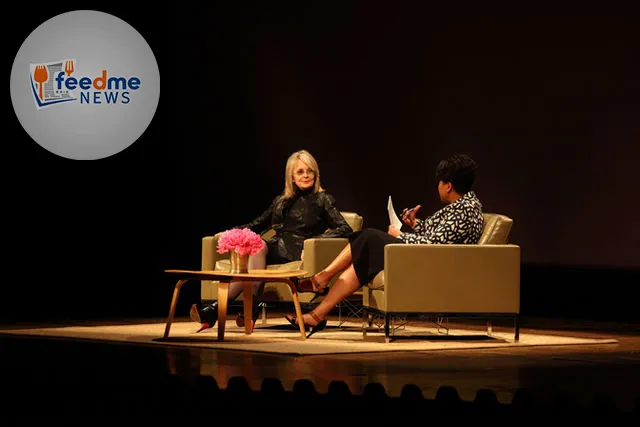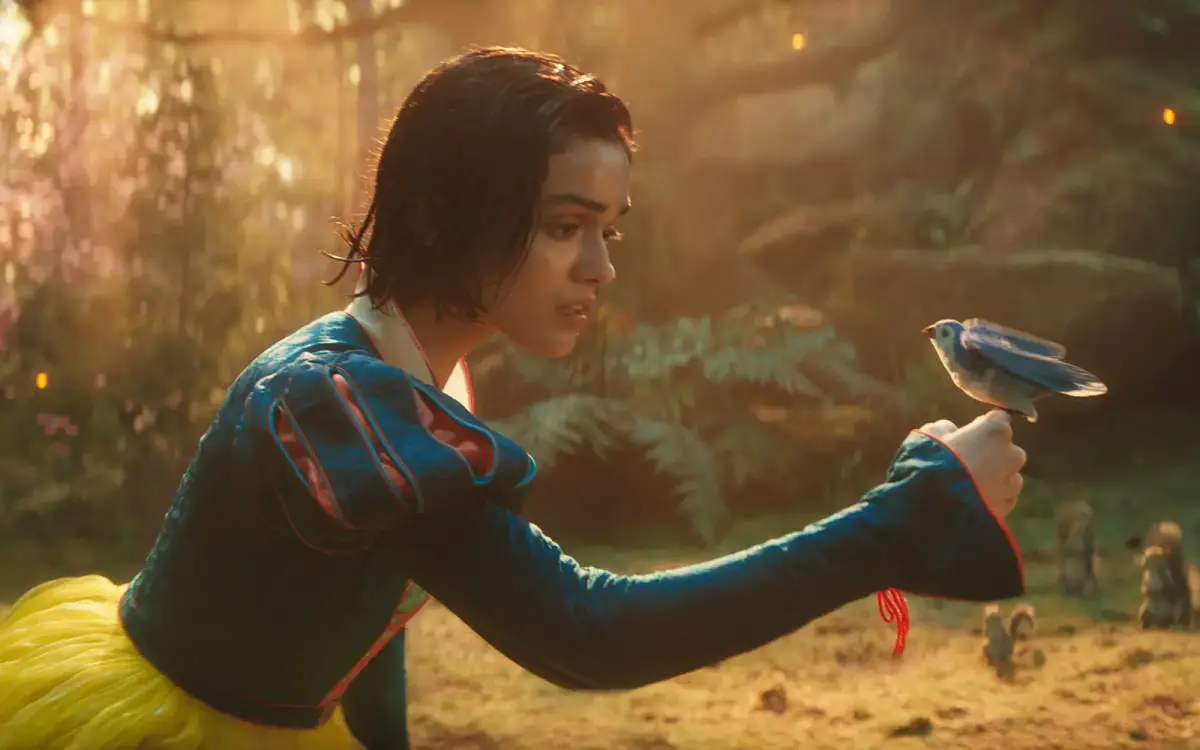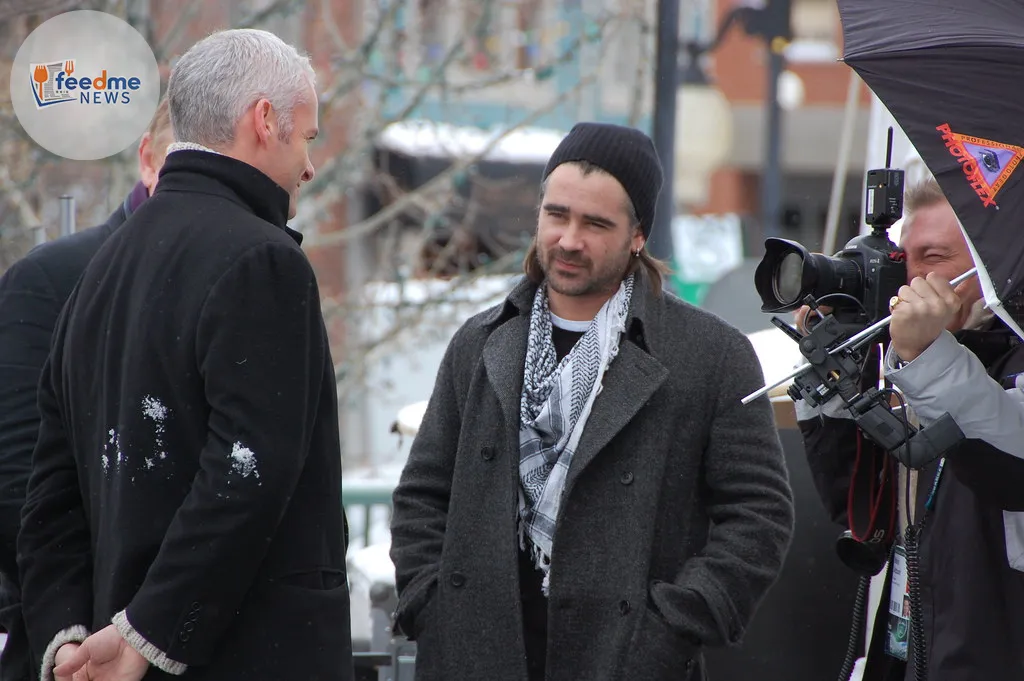Diane Keaton’s reported death has prompted a wave of tributes and questions about the beloved actor’s recent health, with a longtime friend saying they felt ‘stunned’ by her dramatic weight loss in the weeks before she died. Her longtime collaborator Woody Allen is reportedly ‘extremely distraught’ following the news. Early reports highlighted the shock across Hollywood and among fans, reflecting Keaton’s five-decade impact on film, fashion and popular culture. Outlets focused on her towering legacy, from Annie Hall to The Godfather, while noting that friends had expressed concern about her health in recent weeks. As the industry reacts, details about the circumstances remain limited, and colleagues continue to share memories of a star who shaped modern screen acting with wit, precision and unmistakable style.
Context and timing
Reports of Keaton’s death circulated online on Monday, 13 October 2025. The Independent reported that Allen felt ‘extremely distraught’ and that a longtime friend had been ‘stunned’ by Keaton’s perceived weight loss in the weeks prior, underscoring the shock felt across the film community.

This file is licensed under the Creative Commons Attribution-Share Alike 3.0 Unported license.
What we know so far about the reports and reactions
Initial coverage centred on tributes to Keaton’s life and work, and on concern expressed by those close to her about recent changes in her appearance. The Independent reported that a longtime friend described feeling ‘stunned’ by a ‘dramatic’ weight loss they observed in the weeks before her death, while Allen, who directed and acted alongside Keaton, was said to be ‘extremely distraught’. Those accounts underscored how sudden the news felt to collaborators and audiences.
At the time reports emerged, outlets did not provide extensive detail about circumstances or a formal cause. Colleagues and friends instead focused on Keaton’s achievements, her generosity on set and her distinctive voice as a performer. Fans shared clips of her most iconic scenes and repeated the sharp, funny lines that made her a touchstone for several generations of moviegoers.
A landmark career that bridged indie grit and mainstream success
Keaton’s body of work helped set the pace for American cinema in the 1970s and beyond. She won the Academy Award for Best Actress for Annie Hall (1977), a performance that blended vulnerability and comic timing in a way that changed the romcom template. She also earned further Oscar nominations for Reds (1981), Marvin’s Room (1996) and Something’s Gotta Give (2003), reflecting the range she brought to drama and comedy over four decades.
Her career spans some of the defining titles of modern film. She portrayed Kay Adams-Corleone in The Godfather and The Godfather Part II, shaping the emotional core of a crime epic that continues to influence filmmakers. She headlined The First Wives Club (1996), which connected with audiences for its mix of humour and resilience, and she charmed new viewers in Father of the Bride (1991) and its sequel. In later years, she reached fresh audiences with Book Club (2018), Book Club: The Next Chapter (2023) and Mack & Rita (2022).
A creative partnership with Woody Allen that defined an era
Keaton’s collaborations with Allen produced film landmarks and a screen persona that critics praised for intelligence, warmth and sly subversion. Their partnership stretched from early comedies such as Sleeper (1973) and Love and Death (1975) to Annie Hall, which earned Keaton her Oscar. They also worked together on Manhattan (1979) and Play It Again, Sam, where Keaton’s timing and idiosyncratic charm shaped a new kind of film heroine.
The dynamic between the pair—artistically independent yet closely entwined on screen—helped anchor a wave of character-driven films in the 1970s. Reports that Allen feels ‘extremely distraught’ reflect both their long history and the enduring respect he holds for Keaton’s talent. Their films remain fixtures on lists of the best American cinema, and Keaton’s performances in them continue to guide actors seeking to blend comic energy with emotional truth.
Style, influence and a cultural imprint far beyond the screen
Keaton’s style stood apart. She turned menswear-inspired looks, tailored suits and wide-brimmed hats into a signature that fashion writers and fans alike embraced. That sensibility, amplified by the wardrobe in Annie Hall, pushed a relaxed, androgynous look into mainstream fashion and made Keaton a reference point for designers, stylists and audiences across generations.
Her influence extended into writing, directing and photography. Keaton directed features including Unstrung Heroes (1995) and the documentary Heaven (1987). She wrote best-selling memoirs such as Then Again (2011) and Let’s Just Say It Wasn’t Pretty (2014), reflecting on family, ageing, beauty and work. She also lent her voice to animation, including Finding Dory (2016), which brought her to younger viewers and highlighted the breadth of her career.
Health concerns and the questions people now ask
Alongside tributes, readers sought clarity about Keaton’s recent health. The Independent cited a longtime friend who said they felt ‘stunned’ by her ‘dramatic’ weight loss in the weeks before her death, an observation that added urgency to public interest in the timeline






